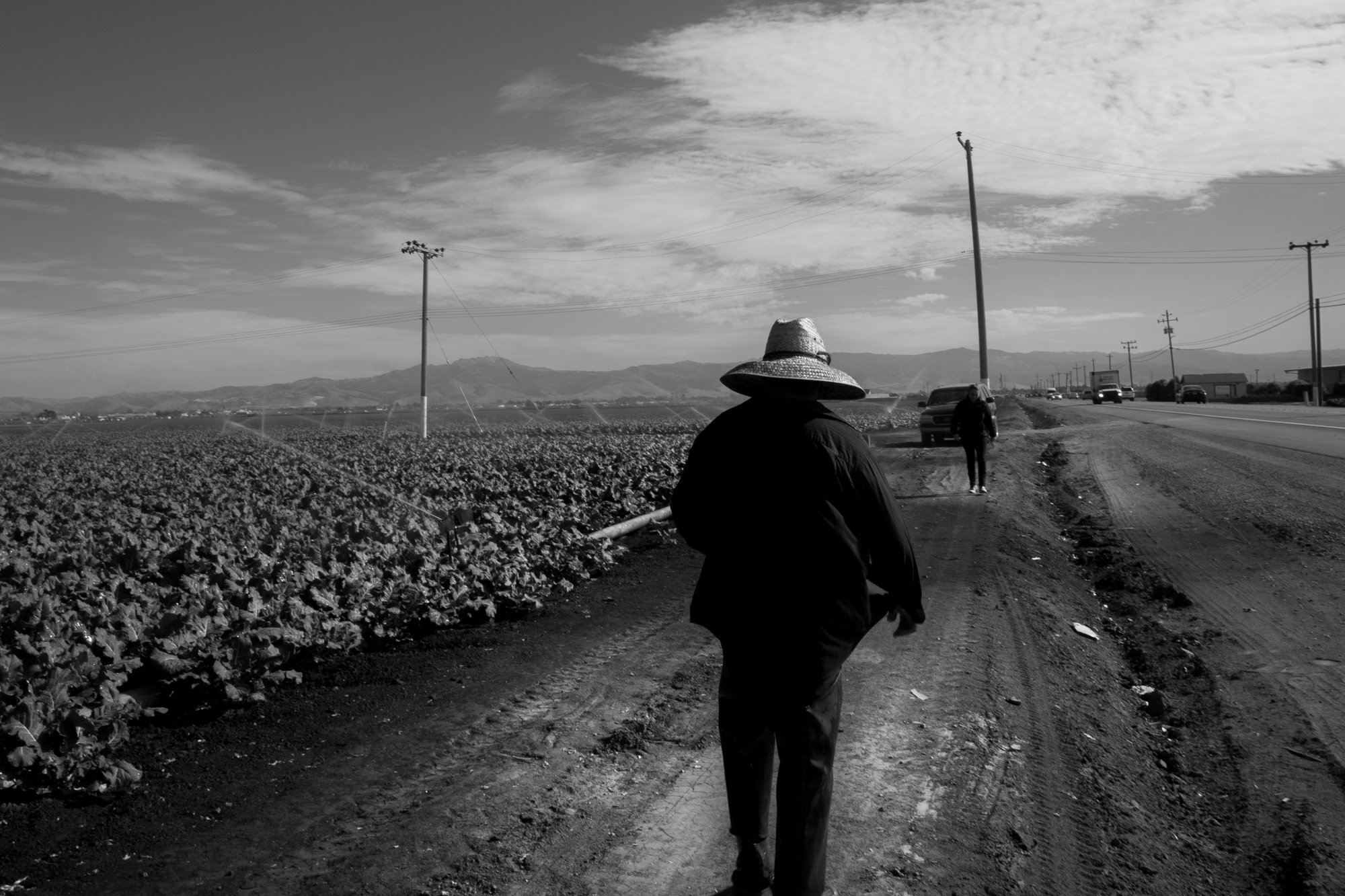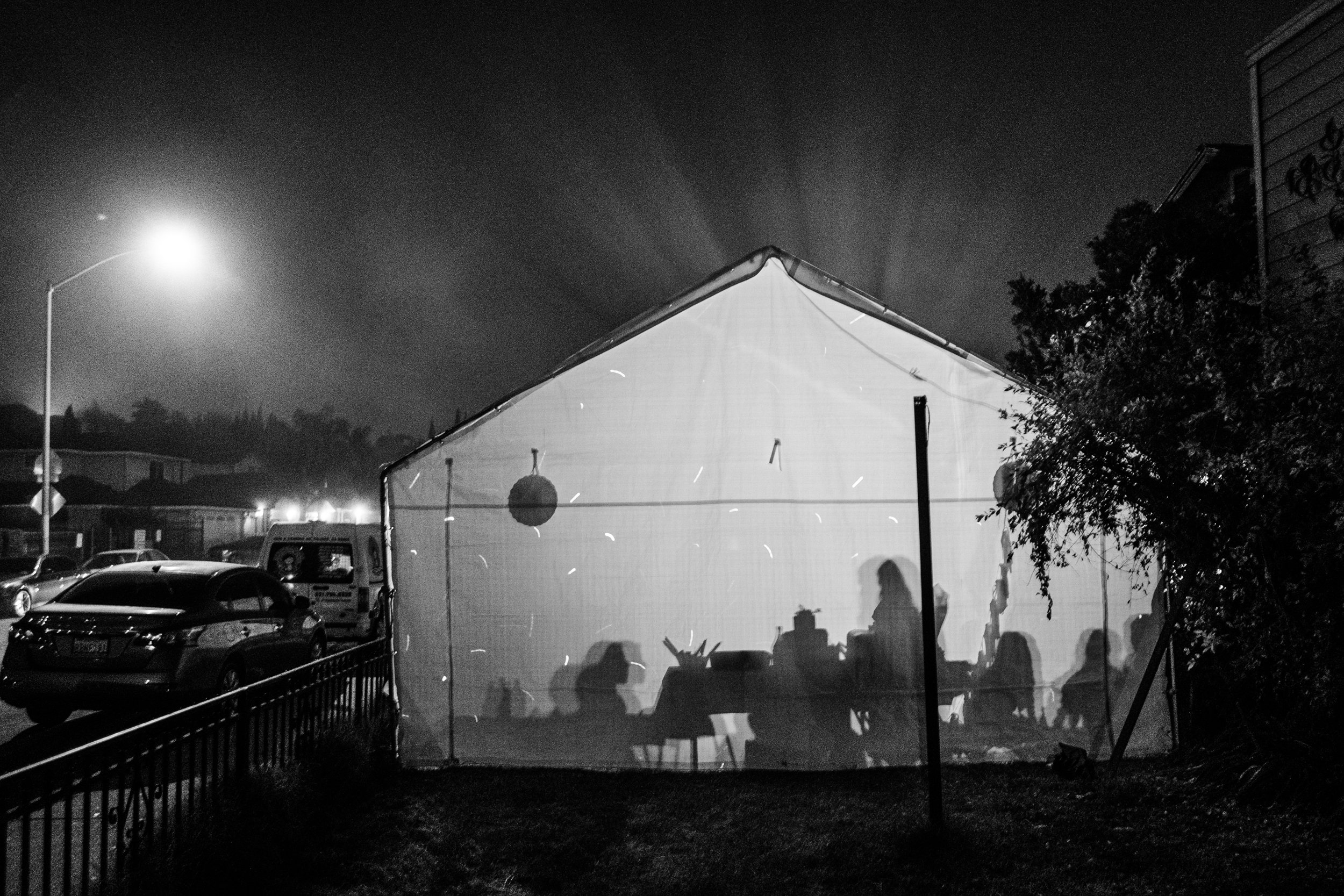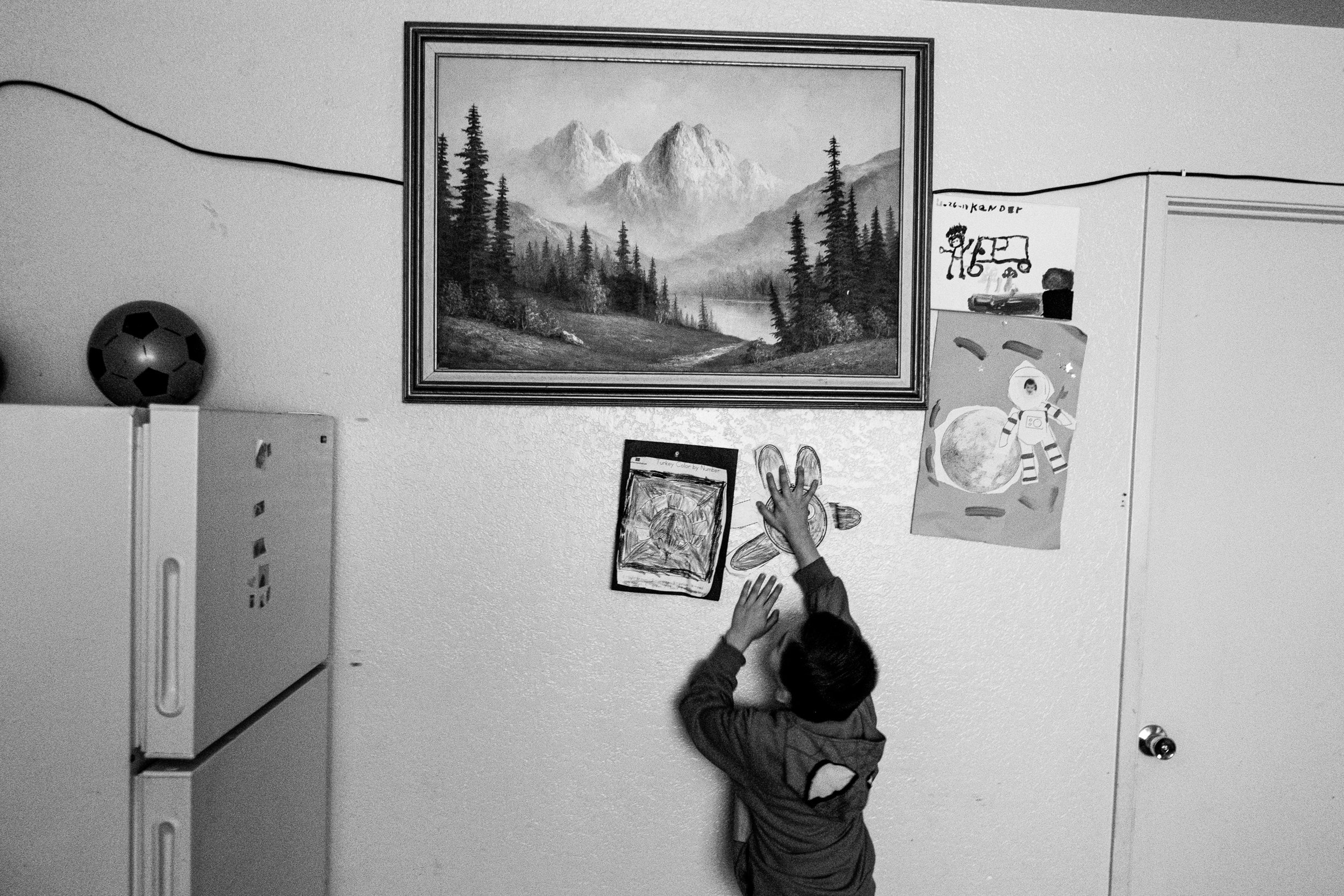Staying Close: How the farmworking community creates a home amid an affordable housing crisis.
“Housing, immigration, it all touches one another. It's hard to address the root cause of something when it's this crazy deep web of generational and historic trauma that has just manifested into this horrible situation.” –– Carissa Purnell, executive director of the Alisal Family Resource Center
Salinas, California
After a long day peeling garlic at Christopher Ranch in Gilroy, Eufemia ‘Jenni’ Aguilar, comes home to make a meal for her 5-year-old grandchild Kender. Hot mushroom soup, juice, and some fruit––green apples, never red.
Aguilar is happy to prepare the fruit for him. It gives her time to think about her next moves carefully. “He’ll notice if I’m distracted,” she said.
Kender is home before she arrives from work in the late afternoon. He sits on the couch attempting to make sense of the English words of his book “Dear Dragon”, before giving up and venturing outside to play with the neighborhood kids.
They share a small apartment unit with two other farmworkers on the East side of Salinas. One sleeps on the couch next to a pile of accessories shared among the others who dens in the spare bedroom.
Since November, she had to pick up extra hours at work after her landlord raised the rent by 30%. And after receiving a 30-day eviction letter a few days later.
“It's been difficult,” Aguilar says. “I’ve been looking for something near Kender’s school, but to tell you the truth I feel an enormous amount of pressure to find an apartment by the end of the year.”
The city of Salinas is one of the most expensive places to live in the country. Over the 90,000 farmworkers that call the Salinas and Parajo Valley home make an average of $17,500 annually. Overcrowding and unhealthy living conditions have created a challenging housing landscape to maneuver.
Environmental laws and the $8.2 billion dollars agricultural industry that surrounds the city have limited the city to build upwards and outwards. The project, Staying Close, examines how the housing landscape in Salinas became a crisis.
“Everyone is struggling with their own problems,” Aguilar says, “a lot of people let it bring them into depression or anger and nothing gets done. Through love, I can show Kender, who’s always watching and listening, how to cope with these stresses of life.”
In a few hours, Aguilar will have to wake up at 2:30 am in order to carpool back to work. She gently slipped out of bed in the morning hours, kissing Kender's forehead before she leaves.











